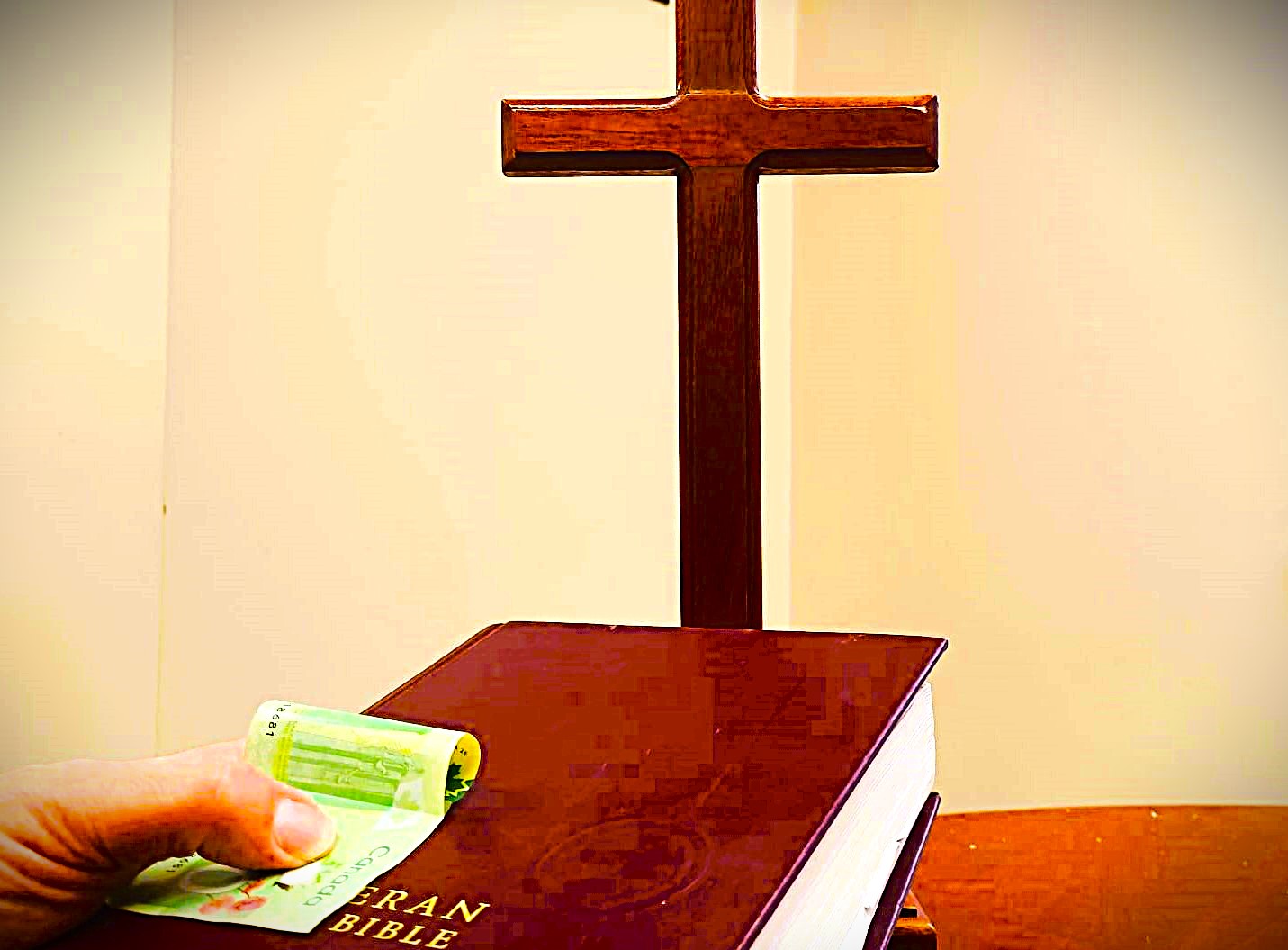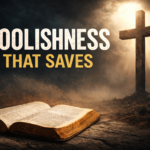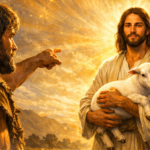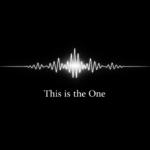
Text: Mark 10:23-31
Theme: A wealth of trust
___________________________
Intr – Bill Zuhoski, one of the passengers on US Airways Flight 1549 that crash-landed in the Hudson River in New York, recalled that in the moments following the crash, he was at the back of the plane, with water rising to his neck. The air temperature was around 20°F, about -4°C. To survive, he had to swim to the front of the plane. He stripped off nearly all his clothes to be able to move forward and escape the aircraft. Like the other 154 people on board, he was saved.
This passenger’s actions remind us that, in certain decisive moments, we must leave some things behind, or we won’t be able to move forward—whether those things are bad or not so bad. Maybe Zuhoski was wearing simple clothes, or perhaps it was an Armani suit. Maybe his pockets were empty, or maybe he had a Mont Blanc pen. And how many important items were left behind in his luggage? However at that moment, nothing was more important than swimming for his life.
What are the things in life that if we hold on to them may prevent us from moving forward in Christ?
The Gospel for today brings an important one. If not the biggest, it is at least in the Top 3. Wealth and Possessions. Jesus had just dealt with a young rich man who thought he had it all figured out. Jesus deals with him with firmness but love, trying to make him let go of his riches to move forward in his life of faith. What happened then? He couldn’t do it. He held on to the great amount of wealth he had, turned is back to Jesus in sadness and walked away. What he held to in the present prevented him to move to a better future following Jesus.
What is at stake here? Wealth? Not really. When we remember that Paul will say “The love of money is the root of all evil”, we understand better what Jesus is addressing here in first place. It is not wealth only, but trust. True wealth is not in what we have but in whom we trust.
1 – The heart of the matter
Wealth is not in itself a problem, there are many examples of Christians of good possessions. Actually, depending on who you are comparing yourself with, there are many rich people in this room right now. I guess that all of us here are super rich compared to a good part of the world’s population, many of them not making 5,000 CAD a year. Wealth is not the problem; letting wealth define your identity, your value, and your security is. Even any of us who uses their wealth well can fall into the trap of thinking, “I’m secure because I have enough.” The question becomes then: true wealth is what we have, or whom we trust?”
The love of money has brought much trouble, pain, war and death into our world. There is an endless number of people whose lives where destroyed by the passion for possessions. This is why Jesus is warning his disciples. They had just witnessed a young rich boy give up following him because his heart trusted his household possessions a little too much.
The danger of attaching our heart to wealth and riches reminds me of Marie von Ebner Eschenbach: “To be content with little is hard; to be content with much is impossible.” Which leads us way back into Ecclesiastes 5:10: “Whoever loves money never has enough; whoever loves wealth is never satisfied with their income.”
That is why Jesus teaches about the difficulty of rich individuals entering the Kingdom of God.(verses 23-24) And it leaves the disciples astonished. This draws people into the text in a way that hits close to home. It’s not just about the rich—it’s about any of us who trust in things other than God.
2 – A matter of heart
Verses 26-27: The disciples, confused and shocked, wonder who can be saved. Jesus reassures them that while it is impossible for humans, it is possible with God.
The disciples are shocked. (“Then who can be saved?”) Their shock reflects the common Jewish belief that wealth was a sign of God’s blessing and favor. Jesus overturns this by emphasizing that God’s kingdom operates on different terms—terms of grace rather than merit.
Jesus uses a hyperbolic analogy about a camel passing through the eye of a needle (verse 25) to illustrate how challenging it is for the wealthy to enter God’s Kingdom. As we look to the text, and to His illustration, here is the First thing: do not water down the illustration. Jesus is really talking about a camel and a needle – and how difficult it is for anyone to enter the Kingdom when one clings to his/her possessions.
Jesus is calling us back to him and His Word. As Psalm 119 recommends to us:
13 With my lips I declare all the rules of your mouth.
14 In the way of your testimonies I delight as much as in all riches.
15 I will meditate on your precepts and fix my eyes on your ways.
16 I will delight in your statutes; I will not forget your word.
How can we do that? Abiding in Christ. Not in our own abilities, not in our own weaknesses. Nothing in us. Everything we have comes from God. What we do is just to manage what is His. Using it for our good, for the good of our family, to help people, to place our offerings for the Work of the Church.
3 – A wealth of trust
In Christ we receive what I call today A wealth of Trust.
“A wealth of trust” means the sure and abiding reliance on God, rather than material riches or earthly possessions, as the true source of security and fulfillment in life. In the context of Christian faith, it means placing complete confidence in God’s grace, love, and provision, understanding that no amount of wealth can guarantee eternal security or peace of mind. Instead, trust in God, who is sovereign and faithful, represents our sure treasure—a richness beyond the reach of money. This wealth of trust enables believers to detach themselves from the anxieties tied to material gain, knowing that God will provide for their needs in His time and way.
In contrast to the fleeting nature of worldly wealth, which can lead to disappointment and insecurity, His wealth of trust offers enduring hope and peace. Jesus highlights the challenge for the rich to enter the Kingdom of God, teaching that trusting in riches is opposite of spiritual life. True wealth lies not in accumulating possessions but in trusting Jesus to lead us through life’s challenges and into eternal life. In this sense, a wealth of trust is the foundation for a meaningful, abundant life, grounded in God’s unchanging promises.[1]
We know that. But we need to be reminded of that. Like in this illustration:
-If i told you that you won 1mi dollars in the lottery, would you take it? Now, if I told you you won 10 million dollars, would you still take it? okay. Now I offered you a million dollars today, but the condition is that you won’t wake up tomorrow, what would you say? I can imagine, of course I wouldn’t take it. Waking up tomorrow is worth more than 10million. Now, why do we wake up so many days in a bad mood, or on the other side of the bed. Or complaining we have to get up and run? Of course we all have our days, but do we really need regular grumbling and complaining?
Now extend this to other important things. Family, friends, opportunities and so many other things. They are worth more that 10 million dollars, but sometimes we let the dollar and the dime get in the way of so many things that distract and ultimately mislead us.
Instead. consider this questions in your heart to help you to reflect on the wealth of trust that God offers to you everyday
-
- “Is it possible for a person to be so poor that the only thing he/she has is money?”
- “Where do you place your trust when life gets tough?”
- “What would it be like to wake up each day not excessively worried about what you have to achieve or win?”
- “What difference it makes in our decisions to know that God has everything in His hands for our present and future?”
- “In Christ, you are free from…”
- “Jesus has made it possible for you to…”
- “Your value and future don’t rest on what you have, but on……”
“This isn’t about whether you’re rich or poor. It’s about what has a hold on your heart. You could have a lot or a little, but it’s trust in Jesus in your heart makes all the difference.”[2]
And as we are talking about heart, wealth and trust, we are reminded that the Church deals with the topic also in its daily life. I’m talking about tithes and offerings. Here, we see an interesting paradox: Jesus shows us that one can’t buy his/her way to Heaven. But when you recognize that everything comes from God, and as a response in faith you also bring your offer back to Him, your offering can save a person! Let me explain: when we bring our offering to the work of the Kingdom, we help to maintain the essence of the our work – to save lives. The preaching of the Gospel aims to reach more people with the Gospel of Hope and bring them into the Kingdom of God. Be it 1 dollar, 5, 10, 50… the offering from the heart is the means to provide salvation to people by the hearing of the Word through the work of the Church.
Cc – Some say that what happened on that day in the Hudson was nothing short of a miracle. All 154 people aboard survived. Captain “Sully” Sullenberger was praised as the one who saved everyone’s’ life, including his own.
Now think about Jesus: to save all lives, He gave His own. Something impossible to us was made possible by Him, Salvation and life everlasting. Now, He offers Salvation to all, at no cost. No gold and silver can buy it. It is free and unconditional Grace through faith.
For Jesus is our true treasure, in Whom we have the wealth of trust to leave what doesn’t matter behind, and to move forward in Him – which is all our hearts and lives really need.
____________________________________________
[1] Jesus says that it is hard for a wealthy person to enter the kingdom of God. It is hard for everyone to enter His Kingdom. It is actually impossible. A camel should go through the eye of a needle first. That’s why so many firsts are lasts. When we resort to your life, yourself, that’s the wrong way. Be it your talents (“I should deserve this or that”) or to your low self-esteem (“I’m the worst, God will never look at me”). It is not about you. It is never about you and me. It is always about God’s Grace and Love. Always.
[2] Jesus reassures His followers that the sacrifices they make for the sake of the kingdom are not in vain. But this is not a prosperity gospel! Instead, it’s a call to trust in God’s provision and His greater, eternal rewards.[2] Lutheran theology emphasizes the theology of the cross (as opposed to a theology of glory). This passage reminds us that the Christian life involves sacrifice and suffering, but it also points to the ultimate joy and fulfillment that come through faith in Christ.






